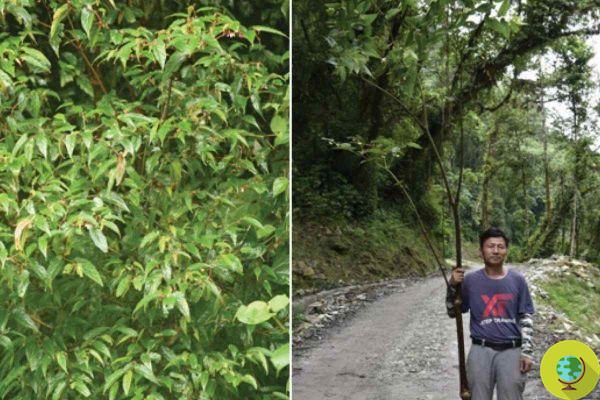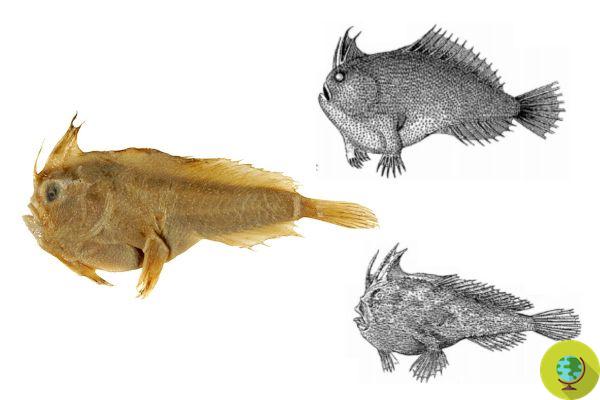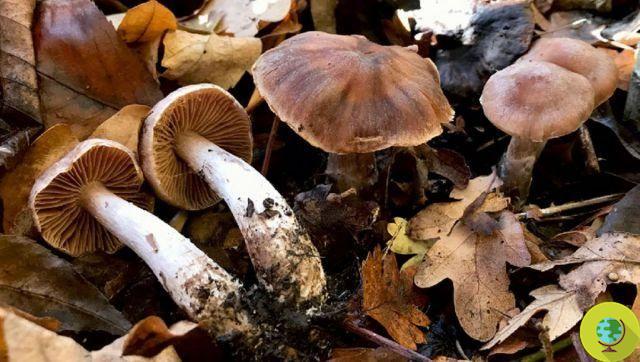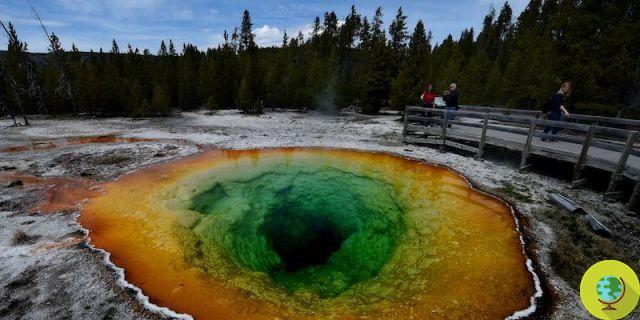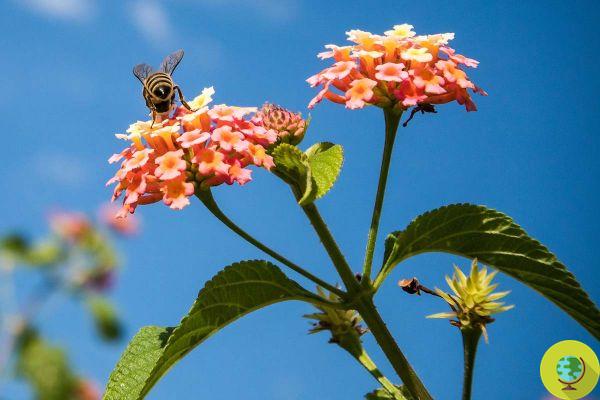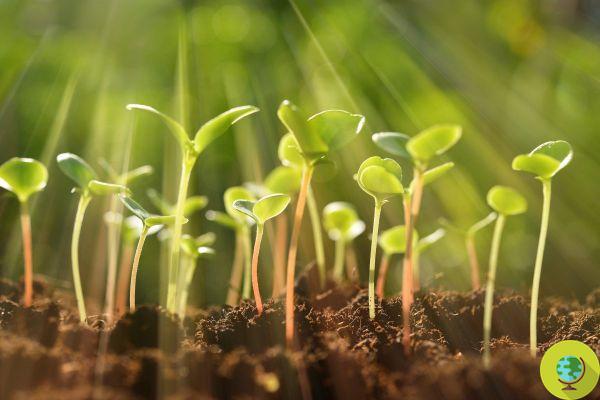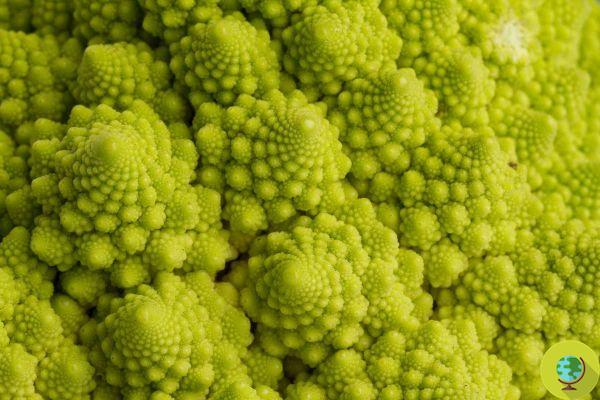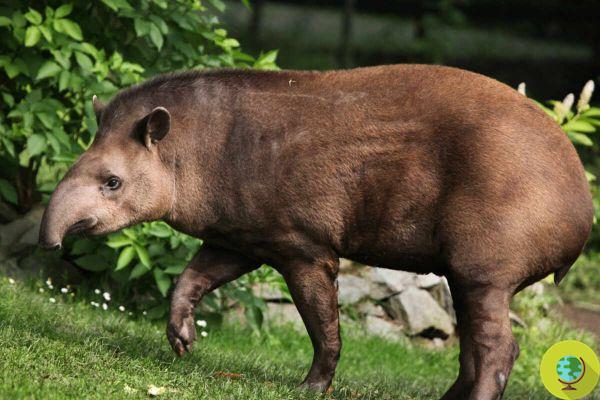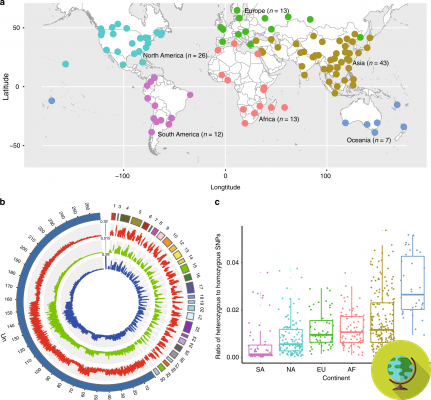
Organic farms increase biodiversity on our planet by an average of 34% compared to conventional farms.
He is about to end up run over, his mother saves himLe organic farms increase the wealth of plants, insects and other animals (i.e. biodiversity) on our planet on average by 34% compared to what conventional farms do.
According to new research from the University of Oxford published in the Journal of Applied Ecology. The study analyzed data obtained from 94 previous researches with the aim of estimating land use in the different types of farms (184 sampled) and seeing how this has an impact on the richness of animal and plant species.
The study went so far as to analyze the situation back in time up to 1989 and, by comparing the old data with today's ones, it was found that organic has always contributed to increasing biodiversity and continues to do so constantly today.
“Our study showed that organic farming, as an alternative to conventional farming, can produce significant long-term benefits for biodiversity. Biological methods could somehow halt the continuing loss of diversity in industrialized countries, ”said Sean Tuck of the Oxford University Department of Plant Sciences, one of the study's lead authors.
Fundamental pollinating insects such as api, for example, in organic farms there are a greater number of species (+ 50%) than in traditional farms, unfortunately, however, there is no data on the total number of bees, which is useful to understand if the latter also grows if used agriculture without pesticides.
The only perplexity about the role of organic with respect to the environmental impact it concerns the products that come from developing countries where there is often a great pressure on the land to provide enough food (as organic generally offers a lower yield) resulting in the conversion of natural habitat to agricultural land.
Lindsay Turnbull, of Oxford University's Department of Plant Sciences, said, “More research is needed on the impact of agriculture in tropical and subtropical regions. For example, there are no studies on organic bananas or cocoa beans, two of the most popular organic products found in European supermarkets. At present, we simply cannot say whether buying organic bananas or chocolate has an environmental benefit ”.
Read also:
- Biodiversity: 10 proposals to give value to nature
- Do organic products really taste better or is it just a question of the label?





